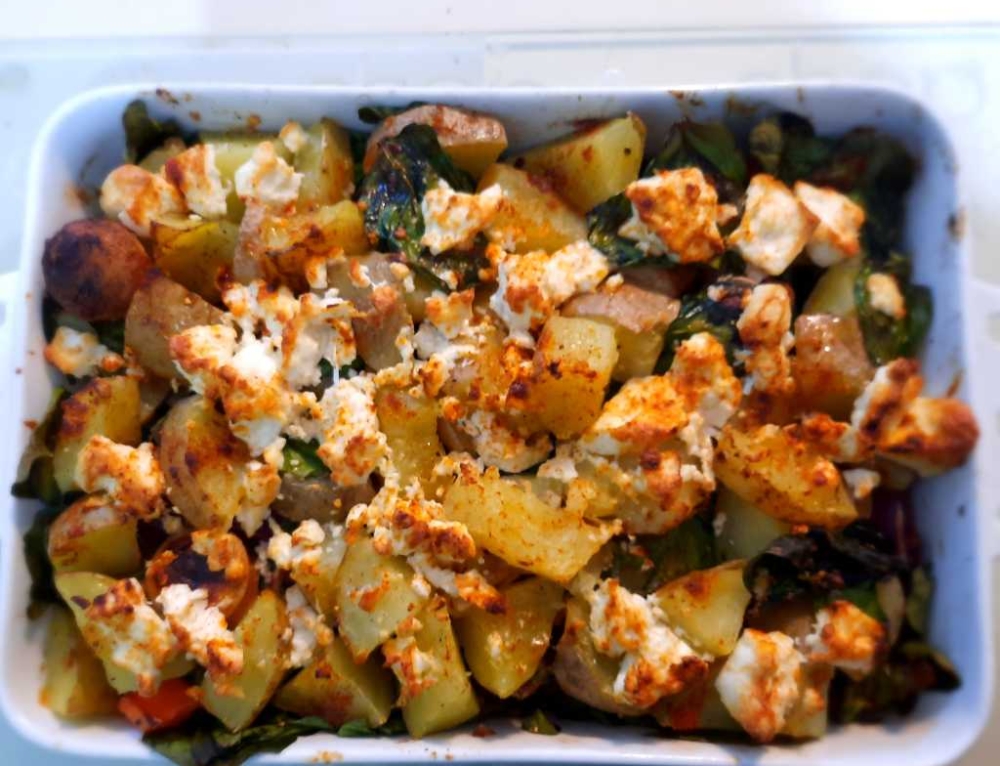The words ‘fats and oils’ have gained an unforgiving reputation. Not only have they been blamed for weight gain, they have been said to be the cause of many lifestyle diseases such as heart disease and obesity. Whilst this may not be entirely incorrect, there is more to oils and fats than meets the eye.
Good fats are a very important component to our overall health and wellbeing and they have many roles within the human body. They provide insulation, they transport other fat soluble nutrients around the body, they are also important for brain function.
Here are six healthy oils to stock your pantry and how best to cook with them:
1) Olive oil
There are olive oils and there are olive oils, and cold-pressed* extra virgin olive oil is a nutritional notch above the rest. This good oil has been derived from the first pressing of the olives and as such has the most delicate flavour. Extra virgin olive oil is also the most nutrient-dense and is the least refined of all the olive oils.
When cooking with olive oil, the temperature needs to be very, very low. Olive oil can reach smoking point very quickly if the temperature is too high. It is also recommended that olive oil not be cooked with but rather used in raw foods.
Tip:
Olive oil can be used sprinkled over salads, roast vegetables and more. A delicious recipe for a quick and easy dressing is:
Ingredients:
4 tbsp extra virgin olive oil
1 tbsp lemon juice
1 clove chopped garlic
Method:
Place all ingredients in a bowl and whisk together. Easy and delicious poured over your favourite raw vegetable salad!
2) Sesame oil
Sesame oil has a distinctive nutty flavour and is a common ingredient in Asian cooking. Sesame oil contains vast amounts of the antioxidant Vitamin E and sesamol which prevents it from becoming rancid. It also contains lecithin which is a great brain food.
Tip:
Use sesame oil in stir-frys to add flavour and boost the antioxidant offering. Simply slice your favourite vegetables, throw into a wok with some sesame oil (the darker the oil, the more pungent) and toss until just done. Serve with brown rice.
3) Coconut oil
As well as having the most delicious taste, there are many health benefits that coconut oil provides for skin, hair, and digestive and immune systems. Coconut oil also contains antimicrobial and antibacterial properties.
Coconut oil is very heat-stable which makes it a great oil for cooking at high temperatures. Coconut oil can be used in an array of cooking, from frying to baking.
Tip:
As the weather gets cooler, a great winter recipe is roasted vegetables. Simply toss cubed sweet potato with two to three tablespoons of coconut oil and bake in a moderate oven until soft and caramelised.
4) Butter
Butter has been given a very negative rap and has been dubbed the villain of good health. However, if you are avoiding butter, you are actually depriving your body of some important nutrients, especially if it is high-quality, organic butter.
Butter is a great source of all the fat soluble vitamins namely vitamin A, E, K and D as well as the potent antioxidant, selenium. Butter also contains essential fatty acids.
Tip:
Butter can be used in almost any dish. Butter is a saturated fat, so it is important not to overdo it. A maximum of two tablespoons of butter per day is recommended. Butter is very heat-stable and can be used for all sorts of cooking.
5) Avocado oil
Avocado oil has many health benefits. It is a great source of the potent antioxidant, vitamin E. It is also high in vitamin A and D which are important nutrients for supporting immune function.
Tip:
Avocado oil is great for high temperature cooking as it has a very high smoking point. It also has a delicious smooth, nutty flavour. Use it in salad dressings or to sauté fish, chicken or roast vegetables.
6) Flaxseed oil:
Flaxseed oil is known for its many health promoting properties. Containing omega-3 and omega – fatty acids, it is a great oil for vegetarians and vegans. Flaxseed oil also has anti-inflammatory properties.
Tip:
Flaxseed oil has a nutty but sweet flavour. It should never be used in cooking, but rather added to cooked or raw foods. Flaxseed oil is delicious added to smoothies.
NOTE: It is very important, when using cooking oils, to consider the smoking point of the oil you are cooking with. The smoking point is the point at which the oil starts to show visible smoke. When this occurs the nutrients are lost and the flavours change. There are also dangerous compounds that are generated which may potentially be dangerous to our health. All healthy oils become unhealthy once they have reached their smoking point.
* Cold-pressed literally means the oils have been extracted through pressing rather than being extracted through heat. Cold-pressing is a much better way of extracting the oil as it tends to retain more nutrients, especially vitamins A and E, as well as flavour.







Leave A Comment
You must be logged in to post a comment.